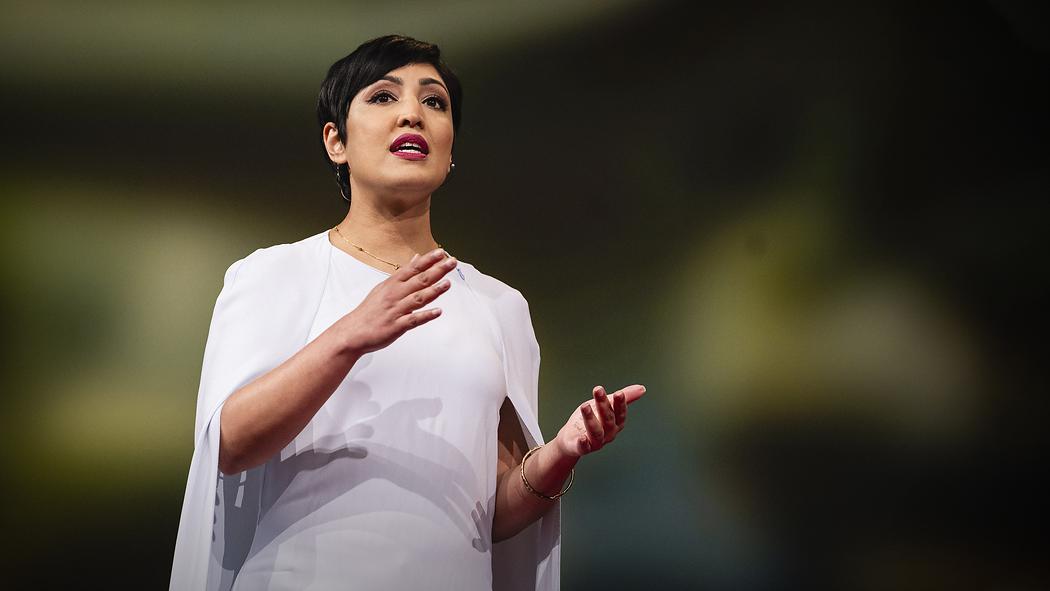Daily AI NEWS - June 6, 2024
Whistleblower Protections, AI Risks, and Transparency
Keep up to date with the fast pace of the AI landscape.
Automated and generated content, pioneering AI Automation.
Employees from top AI firms have signed an open letter calling for stronger whistleblower protections due to serious AI risks. They demand transparency and safeguards against retaliation.
Trending AI Topics
Whistleblower Protections in AI Companies
Current and former employees from leading AI companies such as OpenAI, Google DeepMind, and Anthropic have signed an open letter demanding stronger whistleblower protections and transparency. They express concerns about retaliation when speaking up about the serious risks posed by developing AI technologies.
The letter calls for the right to warn about potential existential threats without fear of retaliation, citing a lack of government oversight as a key issue. The group advocates for AI companies to commit to enhancing transparency and safeguarding those who raise alarms on the industry's potentially far-reaching impacts.
Safety and Risk Concerns of AI
A coalition of current and former employees from leading AI firms, including OpenAI and Google DeepMind, has advocated for greater transparency and whistleblower protections to safeguard individuals who express concerns about AI technologies. They highlighted the serious risks posed by such advancements.
Additionally, Humane has issued a warning to customers regarding a fire safety risk linked to the charging case of its AI Pin, advising users to cease using the accessory immediately. This follows a series of negative reviews that have plagued the company's reputation.
Generative AI Security and Privacy
Generative AI tools like OpenAI’s ChatGPT and Microsoft’s Copilot are now essential in many businesses. However, privacy and security concerns loom large. Experts stress the importance of understanding and addressing these issues as employees become reliant on these tools.
Meanwhile, reports indicate that Israel has deployed AI in a clandestine campaign to influence US lawmakers and public opinion regarding its actions in Gaza, highlighting the powerful role of AI in political strategy and information warfare.
Additionally, the AI industry's hunger for training data has led publishers to push back against unauthorized scraping. News organizations are adopting fresh strategies to protect their content and ensure fair usage by AI companies.
AI Tools in the Workplace
Asana announced a feature that introduces AI teammates to prioritize work and assign tasks based on past project data, aiming to enhance productivity and streamline workflows. These AI teammates draw from the Work Graph to offer customizable support, which is intended to help teams collaborate more effectively.
Indeed launched the Smart Sourcing tool, an AI-powered recruitment product designed to make talent sourcing more efficient while maintaining a personal touch. This tool seeks to expedite the recruitment process.
Zoom's CEO, Eric Yuan, highlighted the potential for AI 'digital twins' to cut down the workweek to three or four days, a development that could drastically change workplace dynamics. Meanwhile, some employees, like Avital Balwit from Anthropic, express concerns that AI may replace numerous jobs within the next few years, indicating a significant shift in the job market.
Elon Musk's AI Chips Diversion
Elon Musk is facing accusations of diverting crucial AI resources from Tesla to his other ventures. In recent reports, it has surfaced that Musk has directed Nvidia to prioritize shipment of AI chips originally meant for Tesla to his companies, X and xAI. This decision is sparking concerns among Tesla stakeholders who fear a potential impact on the company's core projects.
There's also news about Musk potentially planning to construct a multibillion-dollar supercomputer in Memphis, Tennessee. Dubbed the Gigafactory of Compute, this facility signifies Musk's ambitious leap towards enhancing computational capabilities, aiming to serve his AI-focused enterprises and possibly influencing future technological developments.
Tim Zaman, Tesla's former head of AI Infrastructure, has commented on Musk’s strategy, stating that the realities of supercomputer construction justify such diversions of resources. As these developments unfold, the strategic reallocation of resources continues to be a subject of keen industry scrutiny.
Selected articles of the day

Nvidia Hits $3 Trillion Market Cap On Back of AI Boom
Nvidia has reached a market cap of $3 trillion, surpassing Apple to become the second-largest public company behind Microsoft. CNBC reports: Nvidia's milestone is the latest stunning mark in a run that has seen the stock soar more than 3,224% over the past fi…
Read on Slashdot.org
Ex-Google CEO Funds AI Research at Europe's Top Physics Hub CERN
A donation by former Google chief Eric Schmidt to Europe's top particle physics lab heralds a new way to fund frontier research just as the West's technological race with China quickens. From a report: The European Organization for Nuclear Research, or CERN, …
Read on Slashdot.orgElon Musk may build a multibillion-dollar supercomputer in Memphis, Tennessee
Elon Musk's AI company may be building a supercomputer, the Gigafactory of Compute, in Memphis, Tennessee.
Read on Business Insider
Your right to repair AI systems | Rumman Chowdhury
For AI to achieve its full potential, non-experts need to be let into the development process, says Rumman Chowdhury, CEO and cofounder of Humane Intelligence. She tells the story of farmers fighting for the right to repair their own AI-powered tractors (whic…
Read on Ted.com
Sports tech startup targets ‘100% AI automation’ in streaming and analytics
A Swedish startup plans to bring automated sports streaming to the masses after raising $20mn to enhance its AI camera system. The Malmö-based Spiideo produces a suite of tools for broadcasting and data analytics. At their core is an AI model that mimics prof…
Read on The Next Web